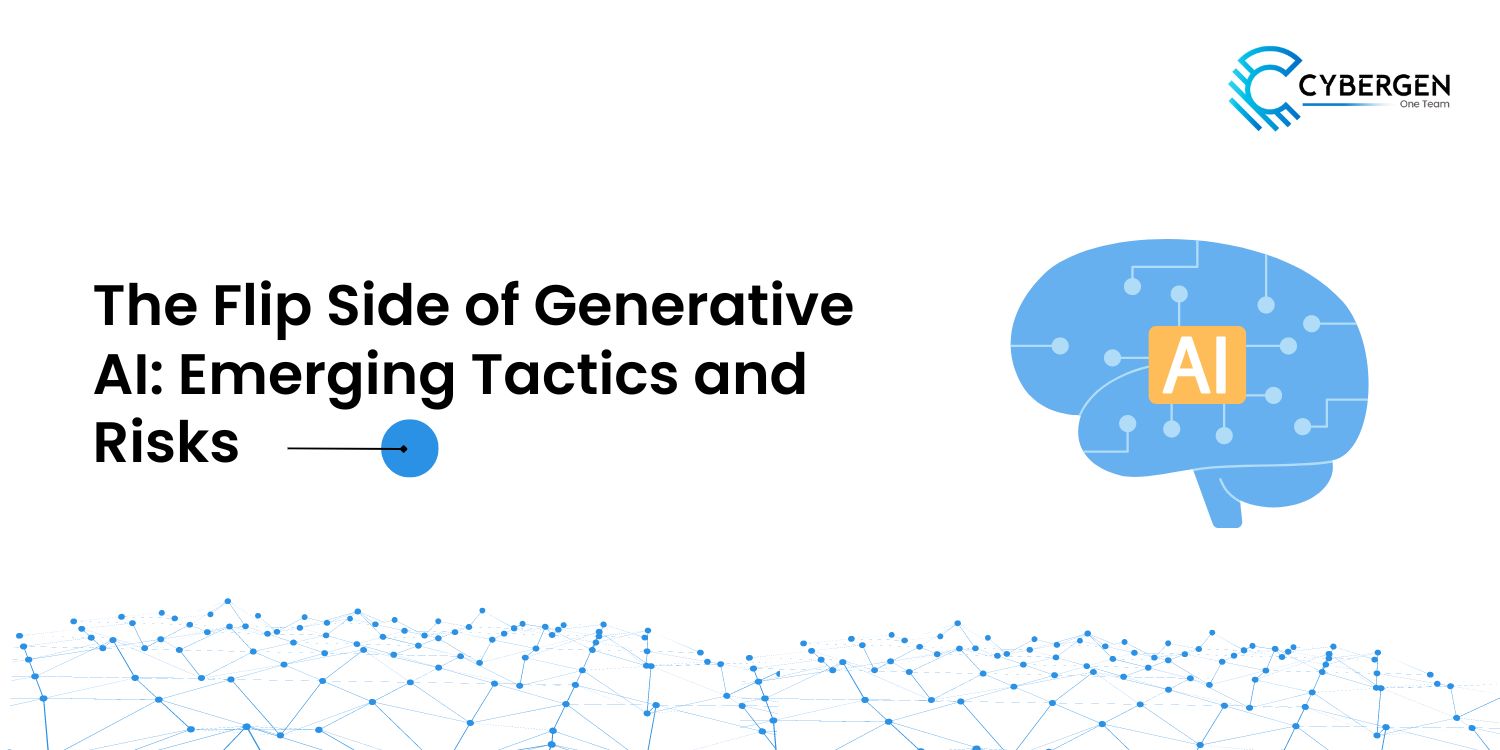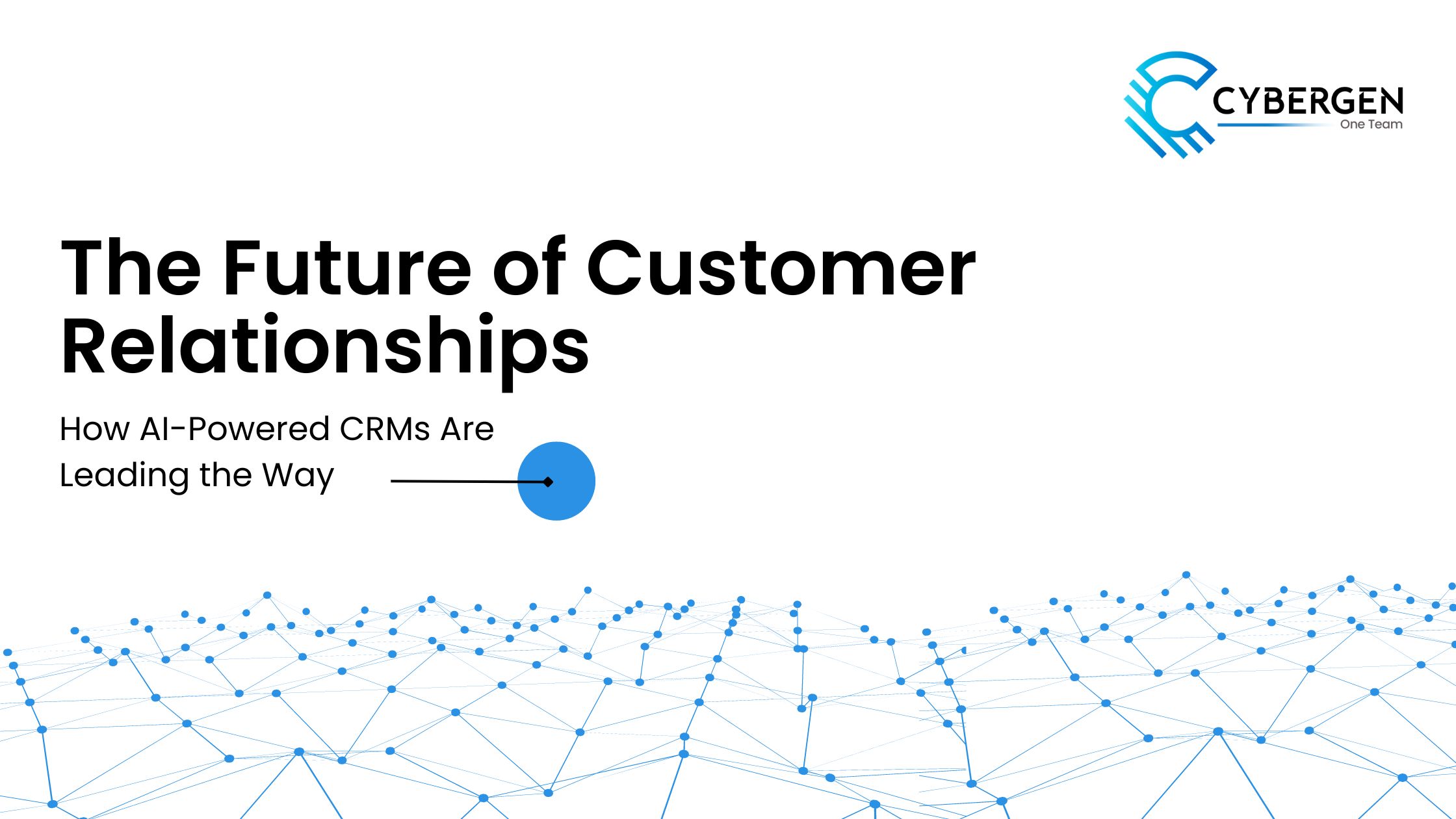Ever wonder how the world’s leading companies are building stronger customer connections in a digital-first era? AI-powered CRMs are the secret. No longer just a tool for storing data, they’re transforming how businesses interact with customers—automating tasks, predicting needs, and delivering personalized experiences that keep customers coming back. Whether you’re in eCommerce or any other industry, leveraging AI is no longer a choice; it’s a necessity.
Significance of Customer Engagement in CRM
Customer engagement is essential in CRM (Customer Relationship Management), as it directly influences customer loyalty, satisfaction, and business growth. As businesses increasingly integrate AI into CRM systems, the nature of customer engagement has shifted from reactive to proactive. It enables companies to build stronger, more personalized relationships. Understanding this significance is crucial to utilizing CRM to its fullest potential.
According to Statista Market Insights ,CRM software market is expected to reach $131.90 billion by 2028. According to other data, the global CRM market is projected to reach $113.22 billion by 2027. CRM systems play a crucial role in enhancing customer engagement, with companies seeing a 16% increase in retention, a 17% boost in conversions, and a 21% improvement in sales efficiency, highlighting their importance in building stronger customer relationships.
Here are key points that highlight the importance of customer engagement in CRM:
-
Data-Driven Personalization: AI-powered CRM systems analyze customer data to provide personalized experiences, ensuring each interaction meets customer needs and preferences.
-
Enhanced Customer Satisfaction: By automating routine tasks and offering real-time solutions, AI-powered CRMs ensure timely responses, leading to higher customer satisfaction and retention.
-
Proactive Engagement: Predictive models allow businesses to anticipate customer behavior and needs, addressing issues before they arise and offering recommendations.
-
Streamlined Operations: Automation reduces manual tasks, allowing sales, marketing, and support teams to focus on more valuable customer interactions, improving overall efficiency.
-
Increased Loyalty and Retention: Engaged customers tend to remain loyal and often recommend the company, boosting long-term success. By deeply understanding customer behaviors, businesses can better identify opportunities for cross-selling and up-selling, enhancing their chances to expand business with existing clients. This leads to stronger retention and revenue growth.
Integration of AI into CRM Systems
The integration of AI into CRM systems is revolutionizing how businesses manage customer relationships, offering more advanced tools for personalization, automation, and data analysis. This integration is not only based on a one-step solution but rather a detailed process that requires strategic planning and implementation.
Below are the key steps involved in successfully integrating AI into CRM:
1. Identifying Business Needs and Objectives
The first step is to clearly define the specific business goals you want to achieve with AI-driven CRM. Whether it's enhancing customer interactions, automating tasks, improving efficiency, or predicting customer behavior, having a clear objective is essential. This helps businesses determine which AI tools and features best fit their CRM needs.
For example, if the goal is to improve customer service, companies may focus on AI-powered chatbots or predictive analytics to anticipate customer questions.
2. Ensuring Data Quality
Data is the backbone of AI-powered CRM systems. The next crucial step is for businesses to make sure their data is organized, relevant, and clean. This involves evaluating data sources, eliminating inaccuracies, and ensuring data is up-to-date. AI algorithms need large volumes of high-quality data to identify patterns, make accurate predictions, and offer personalized recommendations.
3. Selecting Appropriate AI Tools
Once objectives are clear and data quality is ensured, the next step is to select the AI tools that best align with the business’s CRM goals. There are many AI-driven CRM tools available, each offering different features such as automation, machine learning, and natural language processing (NLP). Companies must choose tools that can integrate seamlessly into their existing CRM platform and address their specific use cases. According to Bitrix24,79.1% of CRM users think AI in CRM sales tools is important, and 40.1% mention that AI is extremely important.
4. Identifying Use Cases
After selecting the right tools, it's essential to identify specific use cases for AI within the CRM system. This could include automating routine tasks like follow-up emails, using predictive analytics for sales forecasting, or enhancing the customer experience through personalized recommendations. These use cases should directly align with the business’s goals, helping to maximize the value AI brings to CRM operations.
5. Implementing AI into the CRM System
With the AI tools and use cases defined, the actual implementation phase begins. This may involve integrating AI modules into the existing CRM platform or developing custom AI solutions tailored to specific business needs. During this phase, businesses must ensure the technology works smoothly with existing CRM workflows.
6. Monitoring and Optimization
Finally, businesses must continually monitor the performance of the AI-powered CRM system. This involves tracking key performance indicators (KPIs) such as customer satisfaction, sales conversions, and response times to ensure the system is meeting business objectives. AI tools must be updated regularly to optimize their performance, and data quality should be reviewed periodically to maintain accuracy.
In the increasingly competitive market, AI-powered CRMs are essential for businesses seeking to maintain a customer-centric approach while driving growth and innovation. According to Gartner, By 2025
- 80% of all interactions will occur in digital channels.
- 30% of outbound messages from large organizations will be synthetically generated.
- AI identification of emotions will influence 30% of the messaging a buyer receives.
Benefits of Using AI in CRM Systems
When AI is incorporated into CRM systems, customer relationship management transforms because it enables personalization on an unprecedented scale. This technology-driven approach enhances various aspects of customer interactions, driving significant improvements across the board.
Artificial Intelligence in Customer Relationship Management (CRM) Examples
The adoption of AI in CRM systems is reshaping how businesses interact with customers, enhancing data management, customer service, and operational efficiencies. Here are some notable examples that demonstrate the impact of AI in CRM:
Northrop & Johnson
At Northrop & Johnson, a leading superyacht brokerage firm, AI has been integrated into Microsoft’s Dynamics 365. These AI capabilities, such as behavioral data analysis and customer segmentation, have led to a 20% reduction in market time and enhanced conversion rates.
Kantar
A globally recognized analytics and brand consulting firm has employed SAP Conversational AI to automate its CRM process. This AI implementation has resulted in smooth customer service processes, leading to a 10% reduction in the incoming calls, reducing operational costs, and enhancing customer satisfaction.
IBM Consulting and Bouygues Telecom
The partnership between IBM Consulting and Bouygues Telecom illustrates AI’s capacity to refine CRM systems. By optimizing call center operations with AI, the telecom giant has seen a 30% reduction in call operations and significant cost savings.
CyberGen: Advancing CRM Systems Through AI Integration
At CyberGen, we're committed to transforming CRM systems through seamless AI integration. We understand how crucial AI is for managing customer relationships, making your CRM smarter and more adaptive to your business needs. Our team specializes in creating AI-enhanced CRM solutions that drive customer engagement. By choosing CyberGen, you'll experience improved customer interactions, increased satisfaction rates, and a significant boost in ROI. Plus, CyberGen AI easily integrates with your existing systems, ensuring a smooth transition and enhanced performance.
Final Thoughts
AI integration with your CRM system is essential for transforming business operations. By using the power of AI, businesses can significantly enhance efficiency, accuracy, and decision-making capabilities. AI-powered CRMs enable organizations to utilize predictive analytics, personalized service, and seamless workflow automation, transforming the way customer relationships are managed.
AI has the potential to transform your business processes, making them more innovative, data-driven, and customer-centric. Whether you're implementing it from scratch or enhancing an existing CRM with AI capabilities, this technology empowers you to streamline operations and deliver personalized experiences. Now is the perfect time to embrace the possibilities of AI-powered CRM solutions and strategically position your business for long-term success.
Relevant Blogs
Hey, I can help you with:
What AI solutions does CyberGen offer to enhance business operations? How can CyberGen's managed IT services improve my company's efficiency? What training programs are available through CyberGen Academy?



 1.png)
